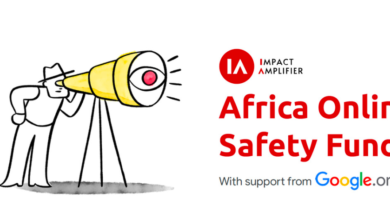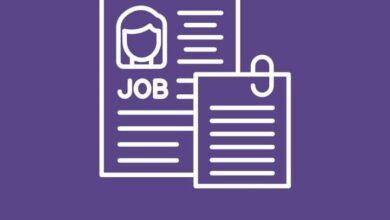8 Tips for Cover Letters That Grab Hiring Managers’ Attention

1. Describe a pain point
Here’s the most important question any cover letter should answer: What problem would hiring you solve?
Notice that this question is about the company’s problem, not your desire to land the job! Tricky, I know.
But think about it: If a company has put up a job description, it means they have a pain point and need a solution. For example, if a company is hiring a web designer, it means they don’t think their current layout is up to snuff and they’re looking for someone who can get them there. That’s the problem they need solved, and that’s what your cover letter should make clear in first few sentences.
2. Don’t regurgitate CV
This is a tip that you’ve probably heard before, but it happens all the time: Don’t use your cover letter to simply restate your CV!
Your cover letter is the perfect place to expand on things that your CVdoesn’t detail, illustrate the more intangible reasons why you’re perfect for the job, and explain any particular circumstances that warrant discussion (for example, if you’re making a sudden or drastic career change).
3. The tone should match the company
Cover letters are great for companies not only because they can see if you can solve the problem at hand, but also because they give hiring managers a sense of whether or not you understand the company culture.
How do they figure this out? Tone.
Take a look at a company’s website, how its social media is phrased, and how its employees talk about it online. Is this company a little more informal and fun? Is it buttoned-up and corporate? Your cover letter should be written in a tone similar to that of the company’s copy. Obviously put a professional spin on it, but keep the company’s culture in mind.
4. Keep the focus on the company
Hiring managers assume that if you’re applying to a particular job, that must mean you really want that job. Thus, you don’t need to spend your entire cover letter reiterating how badly you want the job and how great the experience would be for you.
It’s okay to spend one or two sentences tops explaining your love for the company, but then it’s time to turn the tables.
The majority of your cover letter should be illustrating to a potential employer what hiring you would do for their company. Again, focus on the pain point: What talents and skills do you have that would help this organization tremendously?
5. Use your numbers
A big problem I’ve seen in lots of cover letters is that they tend to be very vague in describing any notable accomplishments or achievements.
For example, instead of saying that you have had “a great deal of success as an email marketer,” use your numbers: “I spearheaded an entire newsletter redesign that resulted in a 500% increase in our open rate, which proves…”
Numbers also add intrigue and leave hiring managers wanting to hear more!Adding numbers and statistics is a solid way to stand out!
6. Make your anecdotes short
While examples can make your cover letter super effective, many people make the mistake of including unnecessary or irrelevant information when using anecdotes that make them drag on and lose theirumph.
My personal rule is to make any example or story no longer than three sentences so that you can avoid going overboard and wasting valuable space. Here’s how to break it down:
* Sentence 1: Introduce the skill you’re highlighting.
* Sentences 2: Explain the situation where you showed off this skill.
* Sentence 3: What was the end result? Explain what it did for the company and what it proves about your character.
7. Make your opening line memorable
If the big opener to your cover letter is “I’m applying for Position X at Company Y” or “My name is…” it’s time to press the backspace button. There are two things wrong with both of these phrases:
* They’re redundant, so you’re taking up precious space! A hiring manager is already going to know your name from your application as well as which position you’re applying for. No need to repeat it.
* They’re generic and unmemorable. Give your hiring manager something to get excited about or be intrigued by.
So, how can you start a cover letter with something that has a little more pizzazz? Try opening with a favorite short anecdote, a quote that best describes you as a professional, or your personal tagline.
8. Everything should relate to the job description
As you write (and then read through) every line of your cover letter, ask yourself: How does this sentence relate to the job description? If you find yourself going on tangents or including facts that don’t prove your ability to excel at the job or understand the company culture, take it out. #KnowledgeExchange
BW JOBS 4 GRADUATES
Changing lives•Giving hope





